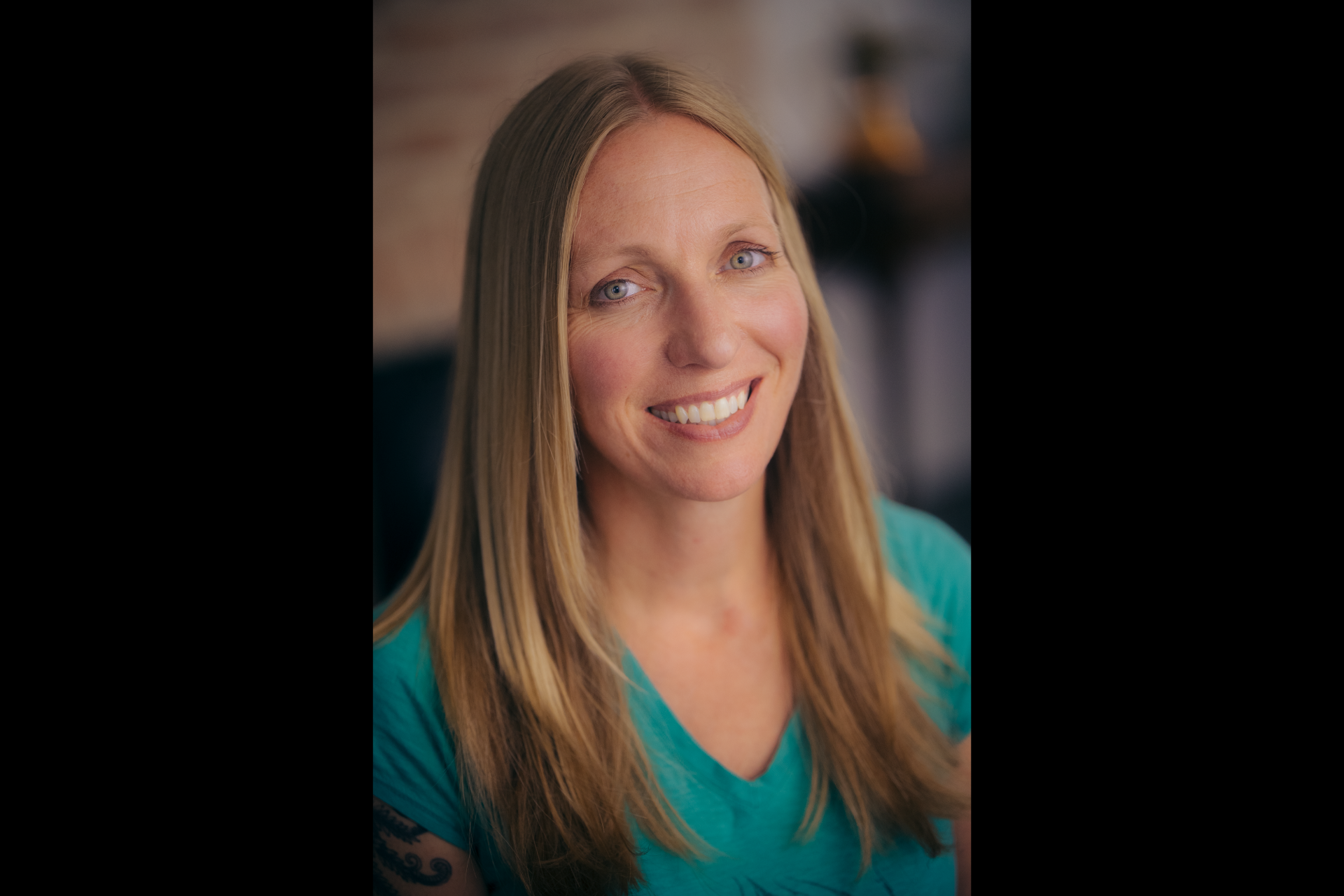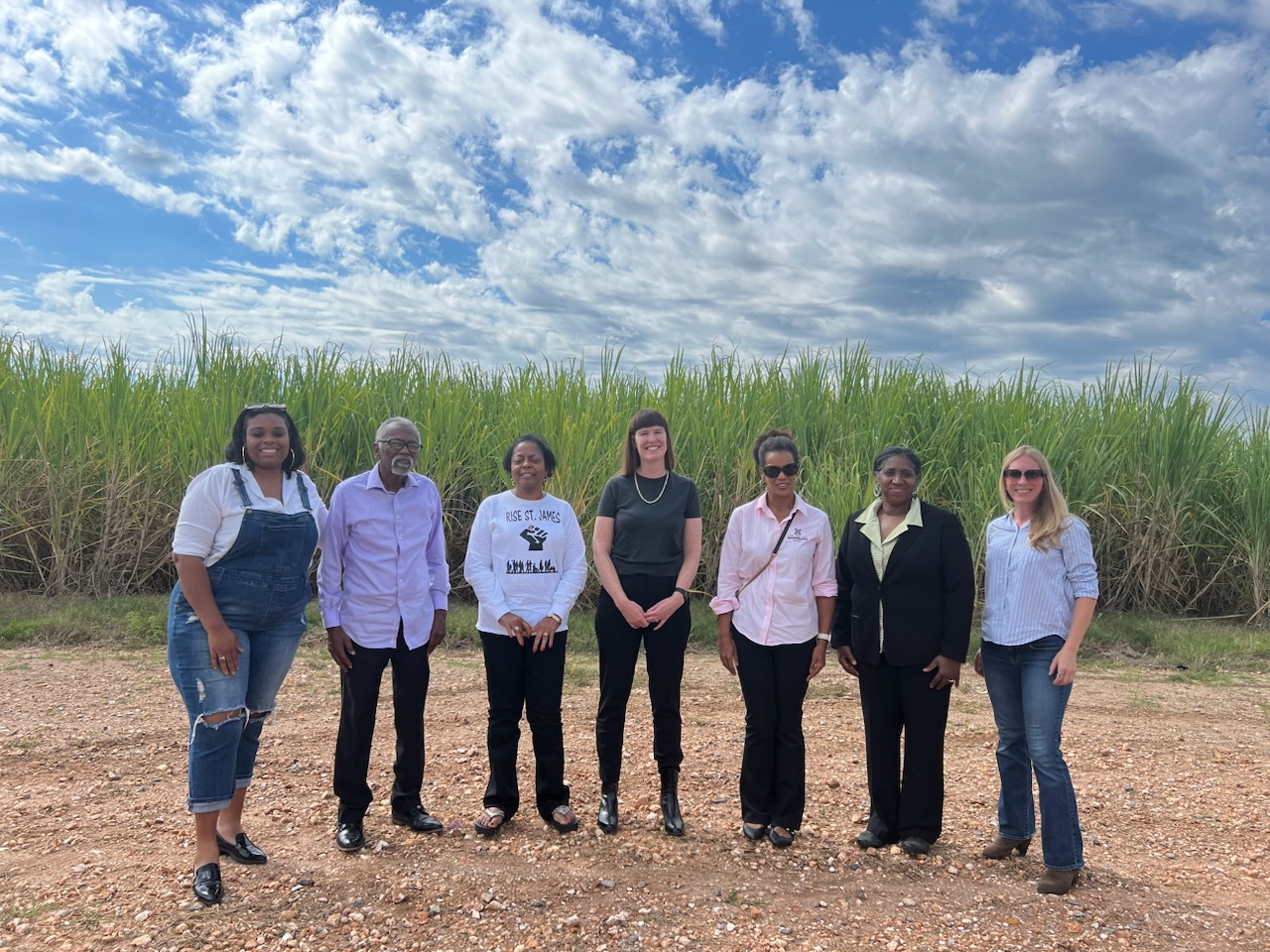Facing gag order, Louisiana scientist resigned in protest. The support came pouring in.

Dr. Kimberly Terrell, a research scientist at Tulane University’s Environmental Law Clinic, had a tough choice ahead of her.
Facing a gag order imposed on her by university leadership because her study on racial discrimination in petrochemical industry jobs reportedly angered Louisiana’s governor, Terrell could remain silent and sacrifice her scientific integrity. Or she could resign in protest, speaking out publicly about an important issue and shining a light on the pressure campaign to keep her silent.
She chose the second option. In June, Terrell’s resignation letter made news across Louisiana, a state with a vast, powerful oil and gas industry with close ties to state government. Her resignation sparked questions about academic freedom and Gov. Jeff Landry’s response to a study critical of the oil and gas industry.
In the aftermath, several community groups that Terrell’s research had helped over the years spoke out on her behalf, with some holding a rally in New Orleans. Over 200 Tulane students and alumni signed an open letter to the university supporting her.
Mathilde Denegre, a Tulane law student who helped lead the effort to write the open letter, said Terrell is one of the only researchers “brave enough to study and publish about the environmental origins of racial health disparities in Louisiana.”
“Without Kim's work, any attorney challenging permitting decisions with disproportionate impacts on underserved communities of color in many parishes in Louisiana would have a far more difficult time building a case,” Denegre said.
Terrell said she was “floored by the amount of support.”
“I know that people love the clinic,” Terrell said. “I know that people value the work I do. But I didn’t realize how motivated people would be to stand up for both things.”
Terrell is now a visiting scientist with the Environmental Integrity Project, where she continues the work on racial disparities in the petrochemical industry that led to the university’s efforts to silence her.
In her resignation letter, Terrell detailed how in April, Tulane University President Michael Fitts and other top leaders were visiting the capitol in part to lobby for state funding for Tulane’s downtown New Orleans expansion. Coincidentally, Terrell’s petrochemical study hit the media that same day. Gov. Jeff Landry had threatened to veto any such funding unless Fitts “did something about the Environmental Law Clinic,” Terrell wrote in her resignation letter.
The study that had upset Landry centered on the demographics of jobholders in Louisiana’s oil and gas and chemical industries, published earlier this year as a peer-reviewed article in the journal Ecological Economics.
The governor’s reaction to Terrell’s study led Tulane officials to tighten restrictions on Terrell and other law clinic staff. In an April 25 email, Tulane Law School Dean Marcilynn Burke stated that “all external communications,” including press releases, interviews, videos, and social media posts, would require the dean’s approval.
That gag order led Terrell to resign, ending her seven years of employment with the law clinic. In her resignation letter, she wrote that she “cannot remain silent as this university sacrifices academic integrity for political appeasement and pet projects.”
In news reports, a Landry spokesperson denied that the governor had threatened to withhold funding. Tulane representatives expressed support for “academic freedom” but declined to comment on “personnel matters.”
In her study, Terrell had used publicly available data from the U.S. Equal Employment Commission to show that in most states, higher-paying jobs in the petroleum and chemical industries are disproportionately held by white employees. The higher the percentage of people of color in a state, the more likely that state was to have a pattern of discrimination in higher-paying industry jobs. That pattern was also true on the local level in Louisiana, where Terrell broke down the demographics by parish, for parishes where employment data existed.
“No matter how you slice it, people of color don’t receive anywhere near their fair share of jobs in petroleum manufacturing or chemical manufacturing,” Terrell said.

Such disparities are often blamed on education gaps, with whites assumed to have better access to educational opportunities than racial minorities. However, Terrell used Census data to account for education levels among the groups she studied; her study concluded that “the racial education gap was not significantly associated with job disparities, regardless of subsector, wage group, or geographic unit.” In many places, the job gap was far too large to be explained by the education gap.
For example, St. John the Baptist Parish is made up of 69 percent people of color, and the employees of high-paying manufacturing jobs are 19 percent people of color, Terrell said. But the percentage of people of color versus white people with a bachelor's degree is almost the same.
“You have this massive disparity in employment, and you can't just chalk it up to not having access to college education,” she said.
Terrell said the disparity is likely because of social networks – people getting jobs through friends or family already employed in the industry.
Despite not getting a fair share of the industry jobs, racial minorities often bear a disproportionate share of pollution from the industry. Census data show that in states like Louisiana, Texas, Ohio, and Pennsylvania, low-income residents and people of color often make up the majority of communities located near refineries, petrochemical plants, power generating facilities, and other polluting sites.
Much of Terrell’s work at Tulane focused on industrial pollution and its impact on nearby residents. Tish Taylor, program director with Concerned Citizens of St. John, which represents residents in a heavily industrialized part of the state known as Cancer Alley, said Terrell was always ready to respond to their questions with research.
“We tend to be labeled ‘radical’ if we imply racism in our advocacy,” Taylor said. “Kim’s research has validated what fenceline communities have known for decades. … Environmental racism is why our loved ones are suffering and dying at exponential rates.”
Terrell’s work did not always focus on the human world. She got her scientific start as a wildlife biologist with a doctorate in conservation biology from the University of New Orleans, after earning her undergraduate degree from Tulane. She worked with the Smithsonian Institution studying the effects of climate change on Appalachian salamanders and later took a job as director of research and conservation at the Memphis Zoo.
She later saw an opening for a Tulane Environmental Law Clinic position as a director of community outreach. She got the job, with the director later expanding her position to include scientific research.
She soon noticed a lack of scientific rigor at the Louisiana Department of Environmental Quality. One example was in doing air modeling to study the emissions from a massive fertilizer factory in St. James Parish, agency staff input prevailing winds coming from the exact opposite direction from the direction they typically blow, she said.
“It seems like at multiple levels, they all consider themselves there in service of industry,” Terrell said of the DEQ. “And there's a lot of back and forth – people coming to DEQ from industry and then going back”
Terrell’s research often served as a fact-check to the DEQ and industry. Another example involved carcinogenic ethylene oxide emissions from a proposed Formosa Plastics facility, also in St. James Parish. Terrell said the DEQ kept setting arbitrary geographic boundaries for their study of nearby air emissions, which would falsely show that people living nearby would not be at risk.
Shamell Lavigne, chief operations officer of local group RISE St. James that has fought the Formosa facility for years, said in a social media post that doing without the work of Terrell and her law clinic colleagues would make it “nearly impossible to defend our most basic human rights: clean air, clean water, and healthy soil.”
“[Terrell’s] recent report on disparities in the U.S. petrochemical workforce simply confirms our lived experiences,” Lavigne said.















